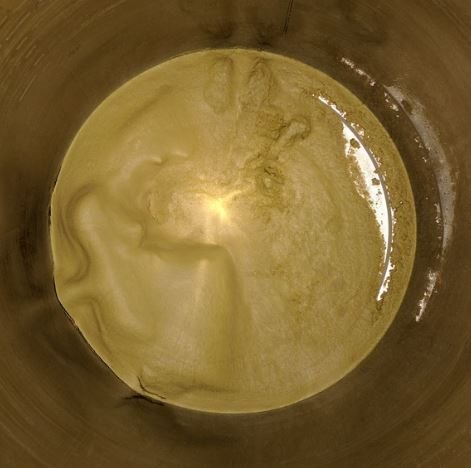Received my Grainfather from Amazon yesterday. Both the kettle and the basket were dented. I've got to say the packaging from the factory looks woefully insufficient. Very limited bubble wrap and practically nothing else to keep the sides of the kettle protected from a drop or a throw. I was also surprised at how thin the metal on the unit is. My stainless Bayou Classic kettle I have been using is much more stout.
Anyways, sending back to Amazon and they said they would overnight me one once they receive the return. Still, very frustrating.
i'm planning to order mine from amazon. for returns, don't they send a return label and you just box the item back up and put the return label on? haven't had to do this before and wanted to make sure it wasnt too much of a hassle.













![Craft A Brew - Safale BE-256 Yeast - Fermentis - Belgian Ale Dry Yeast - For Belgian & Strong Ales - Ingredients for Home Brewing - Beer Making Supplies - [3 Pack]](https://m.media-amazon.com/images/I/51bcKEwQmWL._SL500_.jpg)
















































